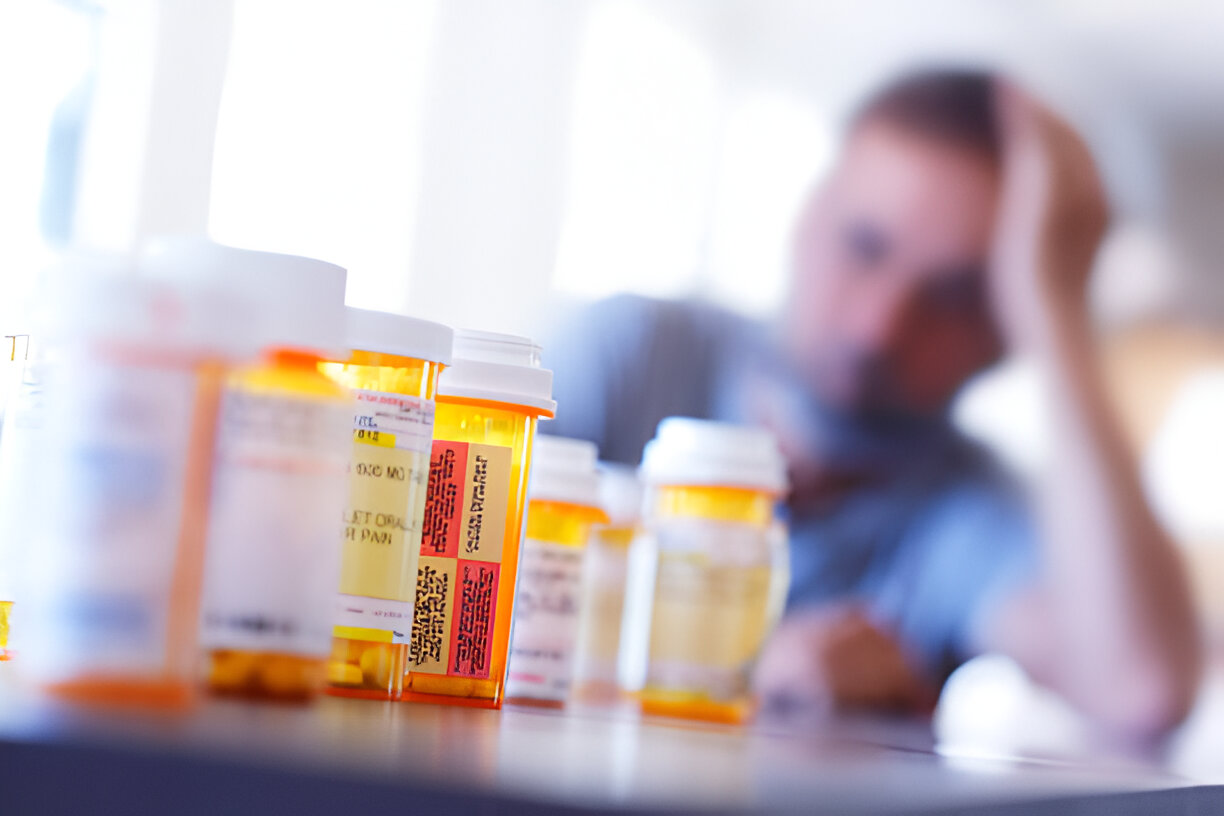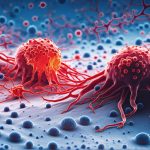
Most of the world’s population is involved in some kind of addiction, but they do not realize the bitter truth that they are adding a lot of sins to their life’s account! Many people want to give up the habit of addiction, but all their efforts go in vain.
The feeling of being stuck in a never-ending cycle is painful and obsessive. Even when a person wants to come out of this phase, his mental state pulls him back into the same quagmire.
Help and support from loved ones provide relief. But are they the solution to addiction?
The essential factor for any drug addict is their want to live a normal life. It is the first step to overcoming drug abuse and addiction. Choosing external, expert help is not any implicit message. If an individual with solid willpower decides and think about change, he can do that, with or without professional help.
Recovery from addiction can be a difficult and challenging process, but it is possible with the right support and resources. Here are some steps you can take to help yourself recover from addiction:
- Recognize and acknowledge the problem: The first step towards recovery is recognizing that you have a problem with drug addiction and that it is affecting your life negatively.
- Seek professional help: A therapist or counselor can provide you with the support and guidance you need to overcome your addiction. They can also help you identify the underlying causes of your addiction and develop strategies to cope with them.
- Rehabilitation: Rehabilitation centers provide a safe and structured environment where you can focus on your recovery without distractions or temptations. They offer a variety of services, such as therapy, counseling, and medical treatment.
- Medications: Medications such as Methadone and Buprenorphine can help reduce withdrawal symptoms and cravings.
- Support groups: Joining a support group, such as Narcotics Anonymous, can provide you with a community of people who understand your struggles and can offer encouragement and support.
- Lifestyle changes: Making changes to your diet, exercise routine and sleep pattern can help improve your physical and mental health and support your recovery.
- Follow-up care: Continuing therapy or counseling and attending support groups after completing treatment can help prevent relapse and maintain recovery.
- Assume they are going to relapse: It’s incredibly common. If you make treatment contingent on the person staying off drugs, the treatment is unlikely to work.
- Focus on root causes: Addiction is rarely the only problem a person has. If you try to treat the addiction without treating root causes, the treatment is unlikely to work.




